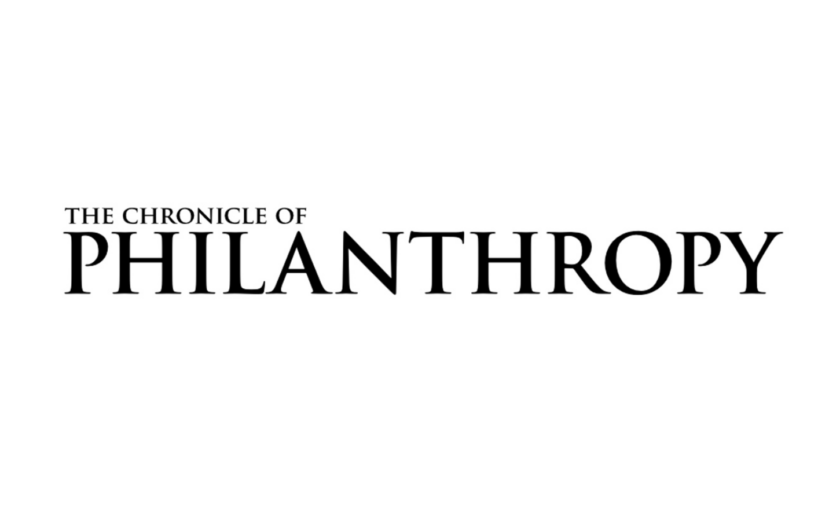
No Time To Waste
Initial Recommendations for the Biden-Harris Administration
As the Biden-Harris Administration renews America’s standing in the world and tackles global challenges, an opportunity exists not just to repair diplomatic relationships but also to chart a bold new course and shape a forward-leaning role for development and humanitarian assistance within U.S. foreign policy.
Even before the COVID-19 pandemic, the global development and humanitarian community faced changing and expanding needs in an increasingly constrained operating space. Inequitable growth, a changing climate, backsliding in democratic governance, and increasing conflicts present significant threats to decades of progress on key global development goals aligned with American interests. Moreover, a shifting international order and shrinking space for civil society disrupt non-governmental organizations’ (NGOs) operations and ability to serve communities.
A serious elevation of development and humanitarian priorities will require a renewed commitment to U.S. foreign assistance funding. To accomplish its goals, the Biden-Harris Administration should work with Congress to double annual bilateral and multilateral economic and humanitarian assistance by 2025.
InterAction is the largest U.S.-based alliance of international NGOs working to eliminate extreme poverty, strengthen human rights and citizen participation, safeguard a sustainable planet, promote peace, and ensure dignity for all people. We developed the below roadmap alongside and on behalf of our nearly 200 organizational members and partners, which work in almost every country worldwide.
Undergirded by the five fundamental principles of U.S. foreign assistance programs, these recommendations outline several key actions necessary for broader, rights-based poverty alleviation and U.S. leadership globally.
EXECUTIVE SUMMARY
To strengthen American leadership, rebalancing U.S. national security and foreign policy priorities is essential and must involve improving and scaling up America’s humanitarian and development responses around the world. This change will require structural, policy, and personnel decisions that shift aid’s traditional place in foreign policy while combating the inequalities infused within foreign assistance structures.
Our recommendations fall into four categories, outlined below.
Elevate Principled Foreign Assistance within U.S. Foreign Policy
- Rebalance U.S. foreign policy priorities by doubling funding for bilateral and multilateral economic and humanitarian assistance.
- Support at least $20 billion for global COVID-19 response.
- End transactional and politicized approaches to foreign assistance.
- Uphold humane and values-based displacement and migration policies.
- Improve localization and country ownership for effective development while contending with historical injustices.
- Commit to conflict prevention.
Advance Signature Issues for Better Development and Humanitarian Outcomes
- Build back better to prevent future pandemics.
- Champion the needs and voices of frontline communities in the global push to mitigate and adapt to climate change.
- Make gender equality and inclusivity a centerpiece of foreign policy.
- Embrace democracy and human rights as cornerstones of foreign policy.
- Reverse global deterioration in respect for civilians in armed conflict.
- Prioritize inclusive policies and investments in children and youth.
Support Inclusive, Effective, and Responsive Foreign Assistance
- Rebuild the State Department, USAID, and NSC leadership by quickly appointing qualified, elevated, and diverse individuals.
- Enhance diversity, equity, and inclusion at all levels of staffing for all U.S. agencies.
- Maintain, further invest in, and improve on recent structural changes at USAID.
- Improve cross-sectoral integration in development and humanitarian responses.
- Reduce legal and regulatory impediments to NGO operations.
- Ensure the U.S. Development Finance Corporation uses transparent and effective approaches to promote sustainable development globally.
- Fulfill Grand Bargain commitments.
Restore and Advance U.S. leadership in the Multilateral System
- Recommit and pay our fair share to multilateral processes and agencies to advance environmental sustainability and effectiveness of global responses.
- Recommit to the Sustainable Development Goals.
- Bolster the U.S.’s role in Multilateral Development Banks and the IMF.
- Renew U.S. leadership in the G7 and the G20.
- Recommit and reaffirm U.S. participation in international treaties and commitments.
Our broad community draws insights and offers these suggestions based on decades of on-the-ground operational experience partnering with the U.S. government (USG) on programs and policies and observing these efforts. To effectively deliver on these recommendations, the Biden-Harris Administration will need to partner early and frequently with a wide range of stakeholders, especially global development and relief NGOs seeking to take a rights-based approach to development and humanitarian work.
These recommendations are detailed in the full document HERE.
Individual recommendation papers:
International Development Finance Corporation
Water, Sanitation, and Hygiene (WASH)
Global Food Security Strategy (GFSS)
Democracy, Rights, and Governance (DRG)



